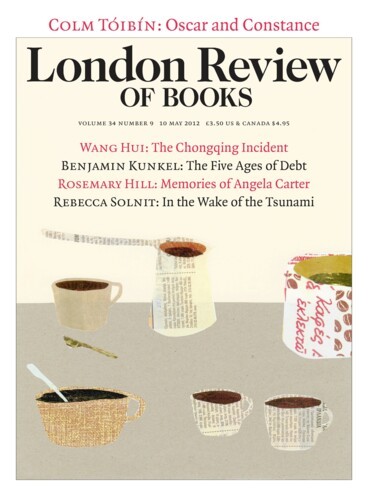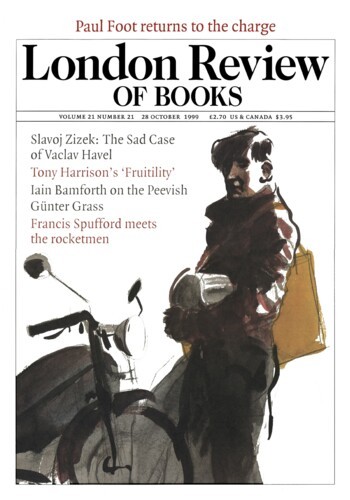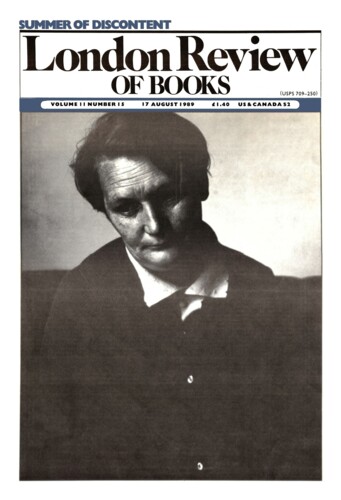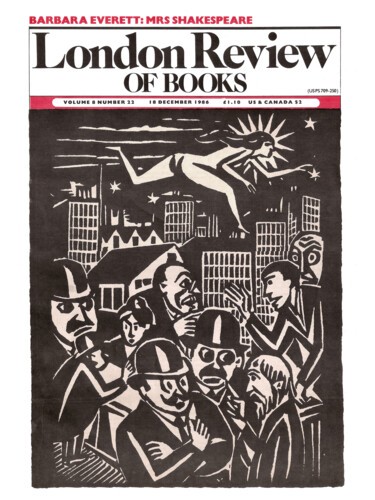The Man Who Knew Everybody: Kessler’s Diaries
Jonathan Steinberg, 23 May 2013
I knew who Harry Kessler was of course, ‘the red count’, the Junker aristocrat who supported the Weimar Republic, and wrote a diary which I used in my seminars. Well, it turns out he wasn’t a Junker; indeed, it’s hard to say what he actually was. Imagine somebody who was at once an English public school boy, a French-born art critic and a Prussian guards officer. Then...





